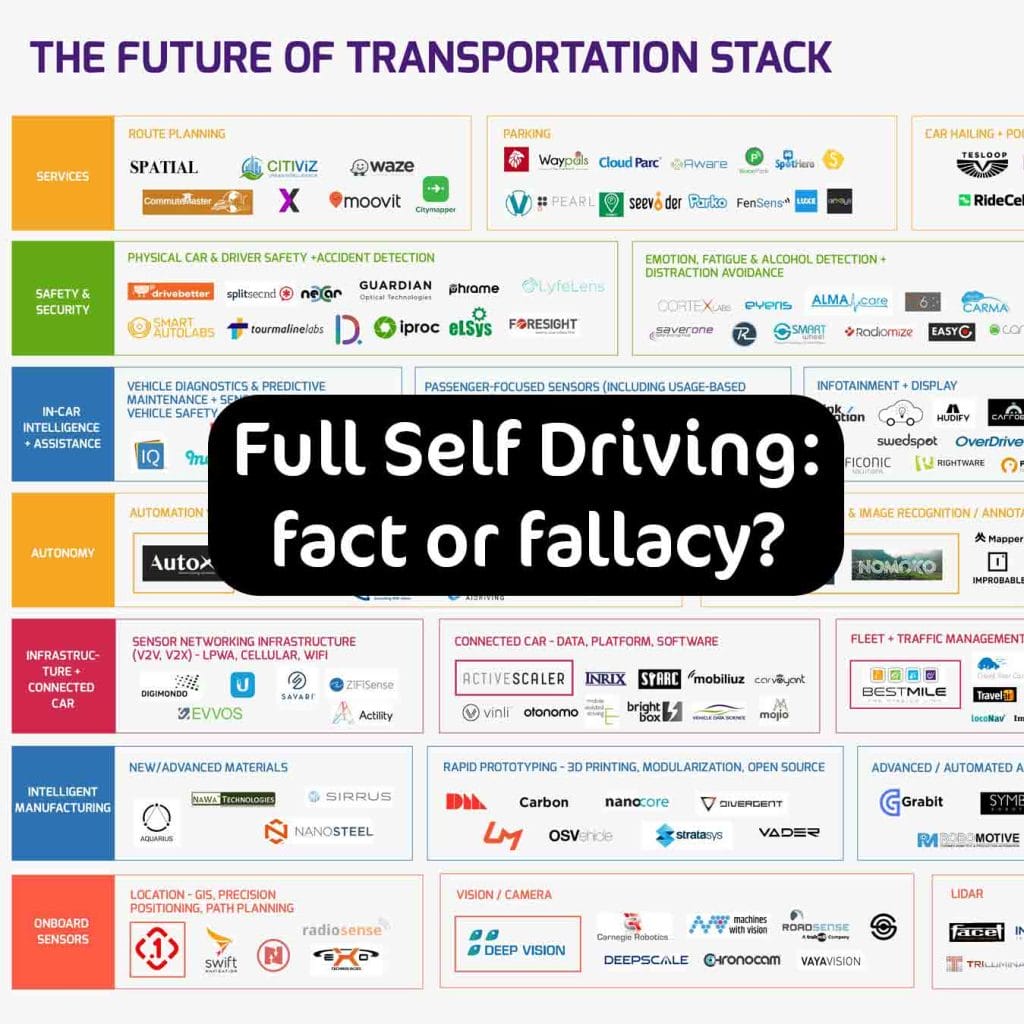Next up in dystopian nightmare fuel—Google (GOOG.Q) wants to handle your money.
The company is preparing to offer checking accounts to consumers starting next year. Google’s project is presently being called “Cache,” and it will be in conjunction with banks and credit unions. The latter will offer the checking accounts, while banks will handle all the related financial and compliance details.
This won’t bode well for Google, which will be in direct competition with legacy financial firms, and give fuel to the backlash from regulations in Washington, which have been all over tech companies lately for having too much influence.
What isn’t immediately clear is why Google would stick their neck out like this, but coming at it from a wider perspective produces a potential answer. Google can get access to valuable financial information from access to checking accounts, and thereby derive insight on consumer behaviour. Google says it’s also intending to offer product advantages for both consumers and banks, including things like loyalty programs, on top of the basic financial services.
Antitrust
Earlier this year, a coalition of 50 state attorneys general engaged in an antitrust investigation into Google. The ongoing investigation is focused on the company’s advertising business, but will branch out to explore other areas of interest, according to the Washington Post.
In a statement, Google spokesperson Jose Castaneda said:
“Google’s services help people every day, create more choice for consumers, and support thousands of jobs and small businesses across the country. We continue to work constructively with regulators, including attorneys general, in answering questions about our business and the dynamic technology sector.”
This isn’t Google’s first rodeo, either. They’ve fought antitrust penalties in Europe.
Regulators in the US and Europe believe that Google’s bundling tactics, which include adding new products in with their legacy services, like its search engine and Android smartphone software, is anti-competitive. The European Commission has pounded Google with billions of dollars in antitrust fines in recent years after investigations into these practices.
Welcome to the digital gulag
The internet has become a central part of modern life, and big tech companies like Facebook (FB.Q), Apple (AAPL.Q), Twitter (TWTR.Q) and Google have increasingly positioned themselves as moderators of the internet and arbiters of political discourse, acceptable thought and discussion. These aren’t elected officials, and therefore aren’t subject to dictates set forth by the various free speech doctrines in both Canada and the United States, even as the options for speech diminish—absorbed into their ever expanding hegemonic bulk.
Do you know how many ways you can get your google account cancelled or censured?
Here’s a few:
- Publish something contrary to the company’s internal ideological bias.
- Your YouTube channel is no longer making money for the company.
- You use emotes on a YouTube livestream.
Now let’s get personal.
Let’s imagine that google bank’s customer service is the same as it is for Google’s present products – like YouTube. You get your google account “accidentally” banned for any of the reasons named above, and more that aren’t named, and along with that banning includes being locked out of your entire google account. In our proposed future, that includes losing access to your bank account, and therefore, your money.
It will include widespread automation of services (including punishments) adding another layer of humiliation and frustration to anyone seeking an appeal. They will deal with a convoluted appeals process only to encounter a bot set on auto-reject.
The problem here isn’t just with google. It’s the centralization of web 2.0.
As the virtual world expands to consume us we’re going to discover the problems with centralization don’t end when we leave the computer behind. Technology is an extension of the human condition, and if history is any indicator then we’re going to discover that all of this efficiency and convenience is going to turn and bite us on the ass. It’s what happens when power and information are centralized in the hands of the few, and giving Google the chance to engage in their chicanery in the world of money and financial instruments to manage it, wouldn’t just be stupid, it would be criminal.
—Joseph Morton





